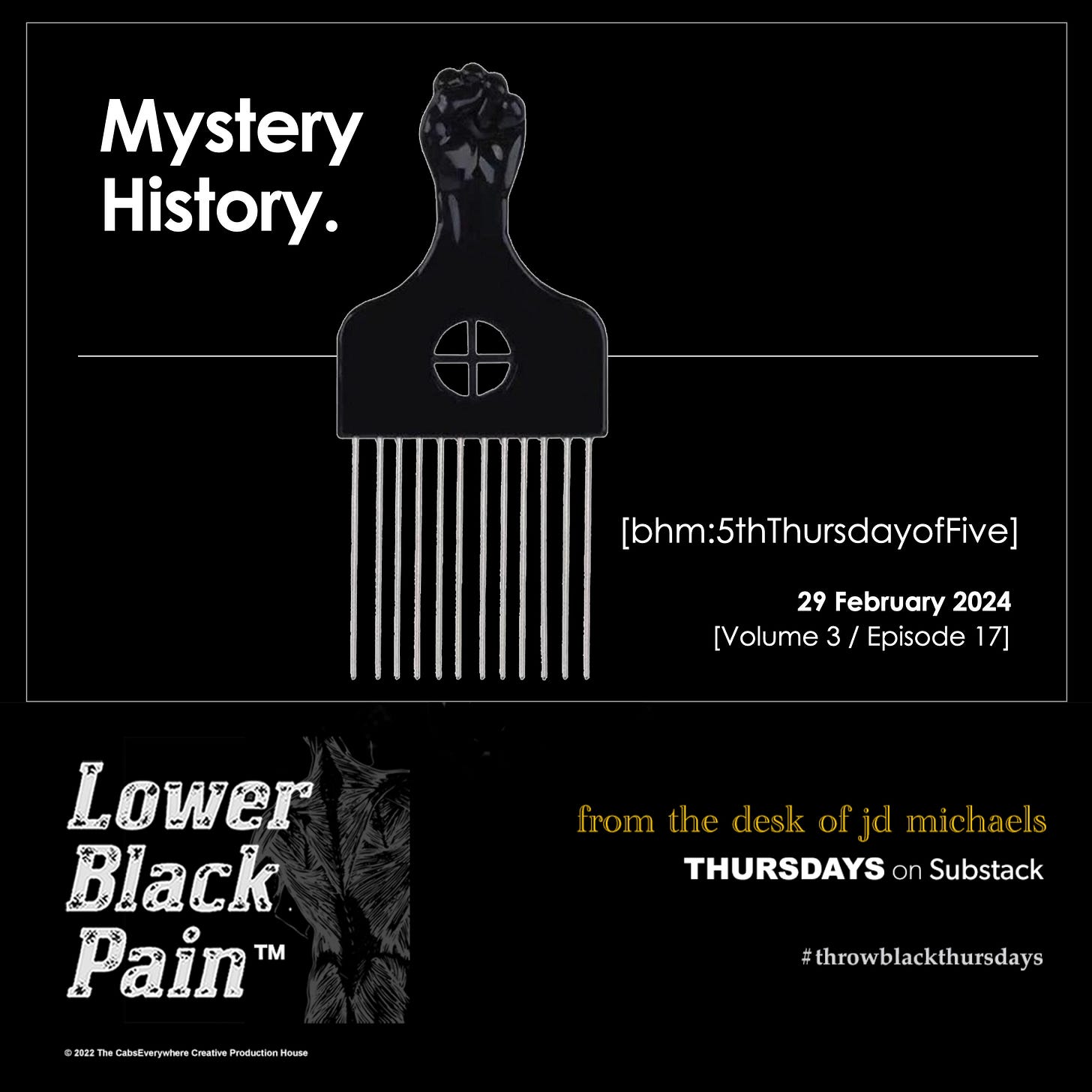I have always considered the “African” part of “African-American” a bit of a mystery. Some Americans grow up surrounded by the language and culture of the first part of their hyphenated nationality, be it Irish or Chinese or Russian, and have been told stories from their grandparents about a faraway place that one would have to cross a body of water to visit which the entire family sometimes refers to as “home”.
For my family, that place is Kansas. At some point before that, it was certainly Africa, but that’s a continent. “American” is also a continental term, not nearly as specific as Jamaican or Japanese. I’ve never actually heard anyone refer to themselves as a “European-American”; I suppose it lacks a certain je ne sais quoi.
With no deep and meaningful family history linking me to an offshore Elsewhere, I always considered the United States home. I didn’t know the correct term for being a “States-er”, but I knew that if Texans were Texans and Californians were Californians and New Yorkers were New Yorkers, I was Kansan. Kansas is the origin of my culture and traditions, comic books and “Cool-Whip” and KC barbecue and the pound cake recipe that goes back for generations… well, two generations, because my grandmother made it up. Then there’s the confusion brought by the immense amount of cultural appropriation we always practiced: wearing green on St. Patrick’s Day, spaghetti and taco nights, saying “gesundheit!” when anybody sneezed.
The word “American” instantly flashes a very clear picture to me; an open road, an old red pickup truck with the windows down drivin’ along in the summer heat with the radio playing a song. The song is indeed a country song. Half a century of Living Otherwise has not updated that image, yet as a younger man I very closely resembled that description: the truck was a little car, but it was red, but the rest was pretty much just exactly that, save that after the country song you’d hear Frank Zappa playing.
I had no African clothing; African food (as described through my research in the World Book Encyclopedia) was described as “goat and yams”, and my only hints at African language were the break chant in Lionel Ritchie’s “All Night Long” and maybe the sounds Michael Jackson made in-between lyrics. For most of my life I’ve felt like Black History Month was a makeup class for me, an exercise to correct my disconnect with a heritage I clearly reflected. But this week I realized something obvious, yet significant.
I feel much, much better.
History is a bit of a game of TELEPHONE. Something happens, somebody sees it and tells somebody else. They might get a little of it wrong, but nobody knows because they weren’t there either.
My grandparents used to host the big family dinners, and there would be fancy china and too many glasses and candles and four desserts and pink champagne. I was always too young to drink it, but it seemed elegant and fancy and was the only alcohol my grandparents touched, just a handful of times each year. We said grace when the food was ready, but once we had all dished our plates my grandfather would stand before the group assembled and give a topical toast. The adults would hold their champagne glasses high while the kids, like baby ducks, tried to follow along with their paper cups of soda pop. At the end of this speech my grandfather would always say, “Avo Swais!” and we all repeated it, and then clinked (or in our case tapped) our glasses together.
No one knew what that meant. My grandfather said he’d heard it at a very formal dinner party years ago and just thought it was cool.
Many years later I invited everyone from my work over to my little San Francisco apartment for an impromptu dinner party (we all took turns), and the Belgian fellow brought wine, and poured everyone a glass, and then pronounced loudly, “A vos santé!” which everyone echoed and it occurred to me that THIS is the phrase my grandfather heard, years ago, in an echoey ballroom somewhere while wearing a tux.
Rather than being embarrassed, he would have been incredibly proud of the fact that it came from France, where we’d all visited once. How classy was that? To him, even if the words were wrong, it meant the same thing, and yes, now his version is our family toast of choice: it will move forward through time carrying its own significance and this very story.
It’s the stories that connect us, through time and space and circumstance. I always understood that any thread connecting me back to Africa would have to truly narrate my core identity, whatever that was. Let’s see, who could I pick out as the key formative icon of my lifetime, someone there from the very beginning, who I’ve always related to?
Quite honestly, it occurred to me in the middle of the night a few days ago. I got right out of bed to do research, and I found this quote:
Zomo The Trickster is a character out of Central and Eastern Africa who was smaller than his oppressors and turned the tables on them through cleverness, always in control of the situation, ready to put anything over on his bigger, usually dumber, antagonists. Africans, brought to America as slaves, carried these trickster tales with them - Zomo merged with Nanabozho of the Native Americans: these stories were collected and passed as the adventures of Br’er Rabbit, and later the animators at Warner Brothers Studios. Like jazz, Bugs Bunny is rooted in black culture.
And that’s how Bugs Bunny, arguably my strongest identity influence, became my strongest tie to my own African American history. I’d been trying to read everything epic and serious, but I am neither of those things. I’d gone about this culture thing all wrong, with the 400 page books about oppression and injustice, which are my history, but not my origin.
I am from resilience and wit, kindness and cleverness, that is my tradition, and the people who wove the tales illustrating these are My People. As a child I recognized myself in this character who never seemed to have all that much, but in every situation seemed to have exactly what he needed, who could weave a solution out of thin air, and though afraid never held back from moving forward. Sitting in front of that television every Saturday morning I was secretly being told tales from a thousand years ago, of “intellect and romance over brute force and cynicism.”
And now I live in Brooklyn, so my accent finally makes sense.














Share this post